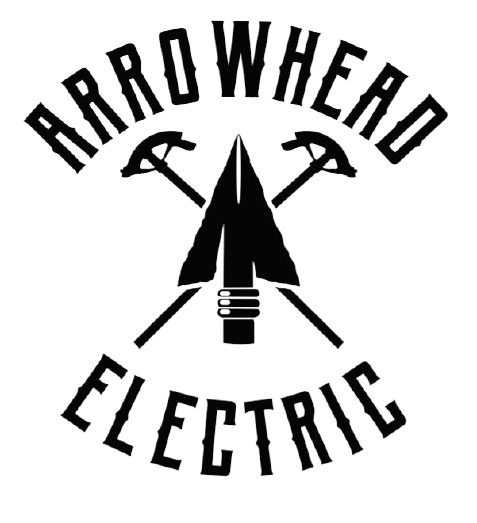Generator Installation Content for Electricians
Introduction
A generator is a device that converts mechanical energy into electrical energy. Generators are used to provide backup power in the event of a power outage. They can also be used to provide power in remote areas where there is no access to the grid.
Generator Installation Planning
Before installing a generator, it is important to carefully plan the installation. This includes choosing the right location for the generator, sizing the generator correctly, and designing the electrical system to support the generator.
Generator Location
The generator should be located in a well-ventilated area that is protected from the elements. It is important to locate the generator away from doors, windows, and vents to prevent carbon monoxide poisoning.
Generator Sizing
The generator must be sized correctly to meet the power needs of the home or business. A generator that is too small will not be able to power all of the appliances and equipment, while a generator that is too large will be inefficient and waste fuel.
Electrical System Design
The electrical system must be designed to support the generator. This includes installing a transfer switch to isolate the generator from the utility grid. The transfer switch will prevent the generator from backfeeding the utility grid, which could be dangerous for utility workers.
Generator Installation
Generator installation should only be performed by a qualified electrician. The electrician will follow the manufacturer’s instructions to install the generator safely and correctly.
Generator Testing
Once the generator is installed, it is important to test it regularly to make sure that it is working properly. The generator should be tested under load to ensure that it can provide enough power to meet the needs of the home or business.
Generator Maintenance
Generators require regular maintenance to ensure safety and reliability. Some common generator maintenance tasks include:
- Changing the oil
- Cleaning the air filter
- Testing the battery
- Inspecting the fuel line
- Running the generator on load for a period of time each month
Conclusion
Generator installation is a complex task that should only be performed by a qualified electrician. Proper planning, installation, and maintenance of generators is essential to ensure safety and reliability.
Additional Tips for Electricians
- When installing a generator, be sure to follow all applicable codes and regulations.
- Use the correct wire size and type for the generator installation.
- Insulate all connections properly.
- Use appropriate safety gear, such as gloves and safety glasses.
- If you are not comfortable installing a generator, hire a qualified electrician.






